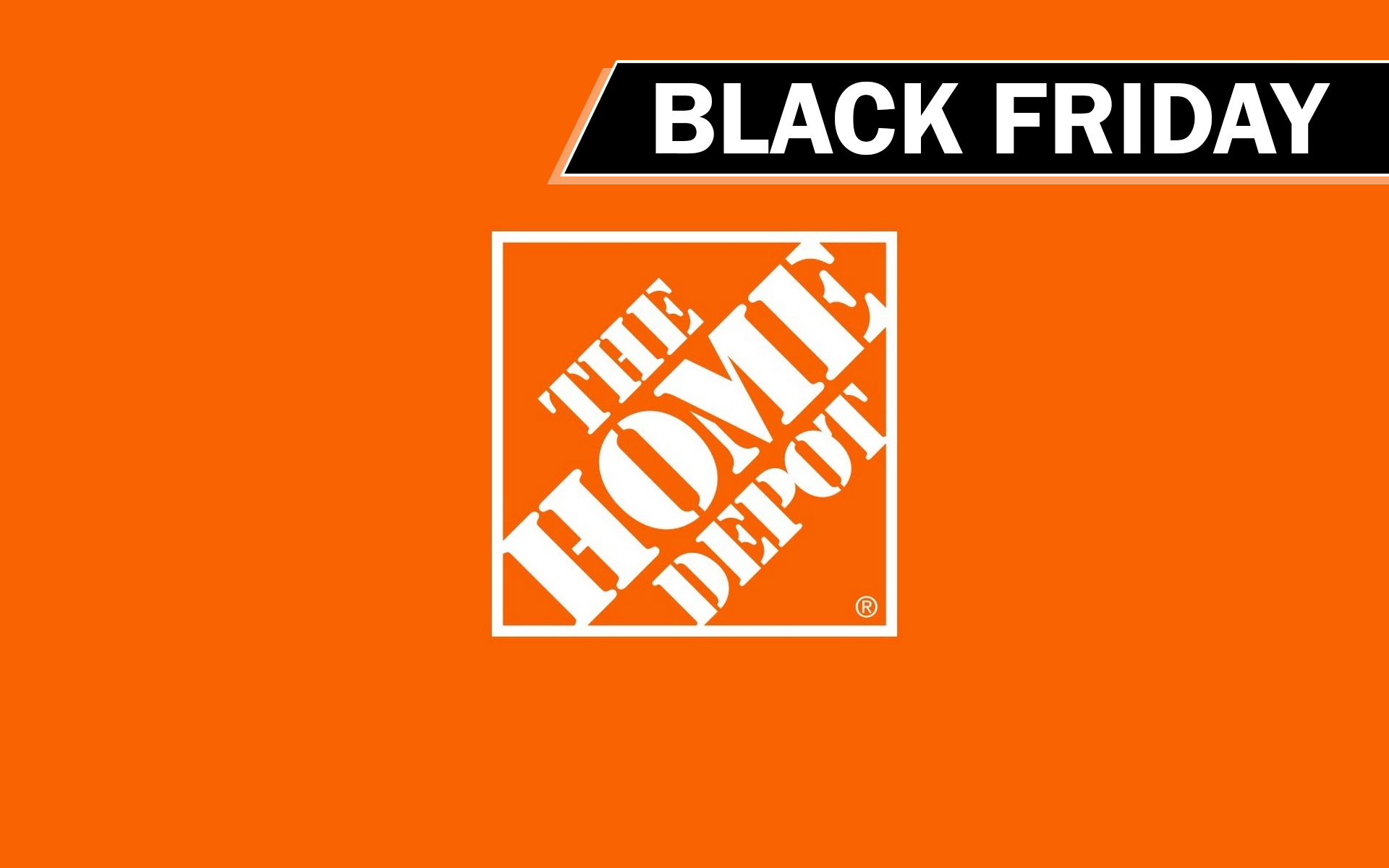Black Friday at Home Depot: Unveiling the Complexities and Customer Conundrums
Introduction:
Black Friday, the annual retail phenomenon, marks the unofficial start of the holiday shopping season. Home Depot, a renowned home improvement mecca, is at the forefront of this consumer frenzy. However, beneath the alluring discounts and long queues lies a complex tapestry of business strategies, consumer behaviors, and societal implications. This article aims to critically examine the complexities of Home Depot's Black Friday deals, unraveling the different perspectives, uncovering hidden truths, and exploring the potential impact on consumers and the industry.
Thesis Statement:
Home Depot's Black Friday deals are a microcosm of the larger retail landscape, showcasing the intricate dance between marketing strategies, consumer expectations, and the underlying motivations that drive both businesses and consumers.
I. The Lure of Discounts and the Shadow of Inflation:
Home Depot's Black Friday promotions are designed to entice customers with significant discounts on a wide range of products. However, the allure of these deals must be weighed against the backdrop of rising inflation. Consumers need to carefully assess whether the savings outweigh the increased prices of other essential goods and services. Furthermore, the psychological impact of discounts can lead to impulse purchases and overspending, potentially undermining the intended cost-saving benefits.
II. Navigating the Shopping Frenzy: Strategies and Tactics:
Black Friday at Home Depot is synonymous with long lines, crowded aisles, and a sense of urgency. To navigate this shopping frenzy, consumers employ various strategies:
- Pre-planning and Research: Shoppers often research products beforehand, comparing prices and identifying specific items they aim to purchase.
- Arrival Time Optimization: Deciding when to arrive at the store is crucial—some prefer early morning to secure the best deals, while others opt for later hours to avoid the peak crowds.
- Targeted Shopping: Shoppers focus on specific departments or categories, maximizing their time and minimizing the overwhelming nature of the event.
III. The Environmental Footprint: Sustainability and Waste Concerns:
The surge in consumerism during Black Friday raises environmental concerns. The production, transportation, and disposal of goods contribute to carbon emissions, waste generation, and resource depletion. Encouraging sustainable practices, such as promoting reusable bags, energy-efficient appliances, and responsible disposal methods, can mitigate the environmental impact of Black Friday shopping.
IV. Labor Implications: Employee Well-being and Scheduling:
The retail workforce bears the brunt of the Black Friday frenzy. Extended hours, increased workload, and potential safety hazards can strain employees. Home Depot has a responsibility to ensure the well-being of its employees by implementing fair scheduling practices, providing adequate rest breaks, and maintaining a safe work environment.
V. The Ethical Conundrum: Responsible Consumption and Consumerism:
Black Friday epitomizes the concept of consumerism. While it can stimulate the economy, encouraging responsible consumption is essential. Consumers should question their true needs, prioritize essential purchases, and support businesses that align with their values. By promoting thoughtful spending and sustainable practices, Home Depot can contribute to a more ethical and responsible retail landscape.
VI. Comparative Analysis: Home Depot vs. Competitors:
| Home Depot | Lowes | Ace Hardware | |
|---|---|---|---|
| Discounts | Up to 60% off appliances, tools | Up to 50% off holiday decor, tools | Up to 40% off paint, hardware |
| Store Hours | Open 24 hours on Black Friday | Open 5am to 10pm on Black Friday | Regular store hours, closed on Thanksgiving |
| Online Deals | Yes, with early access for members | Yes, with free shipping on orders over $49 | Yes, but limited selection compared to stores |
VII. The Future of Black Friday at Home Depot:
As the retail landscape evolves, Home Depot will need to adapt its Black Friday strategy. Technology, sustainability, and customer experience will likely shape the future of this event:
- Enhanced Online Shopping: Expanding online options with exclusive deals and omnichannel integration will provide convenience and flexibility for customers.
- Sustainability Initiatives: Embracing sustainable practices, such as eco-friendly products and responsible disposal methods, will align with consumer and societal expectations.
- Personalized Experiences: Leveraging data analytics and personalization techniques can enhance customer experiences, tailoring deals and recommendations based on individual needs and preferences.
Conclusion:
Home Depot's Black Friday deals are a complex phenomenon that encompasses various perspectives and impacts. While discounts can entice consumers, the potential influence on spending habits and the environmental footprint must be considered. Ethical concerns regarding consumerism and employee well-being add depth to the analysis. By critically examining these complexities, Home Depot and consumers alike can navigate the Black Friday frenzy more thoughtfully and responsibly. The future of Black Friday at Home Depot lies in embracing innovation, sustainability, and customer-centric approaches to create a more meaningful and sustainable shopping experience.
Read also:
Jaylen Waddle's Knee Injury In Texans Game: Dolphins WR's Health Update And Return Timeline
Knicks Analysis Shows How Key 'Premium' OG Anunoby Is In New York
Recap: Canes 'Too Fancy' In Season

